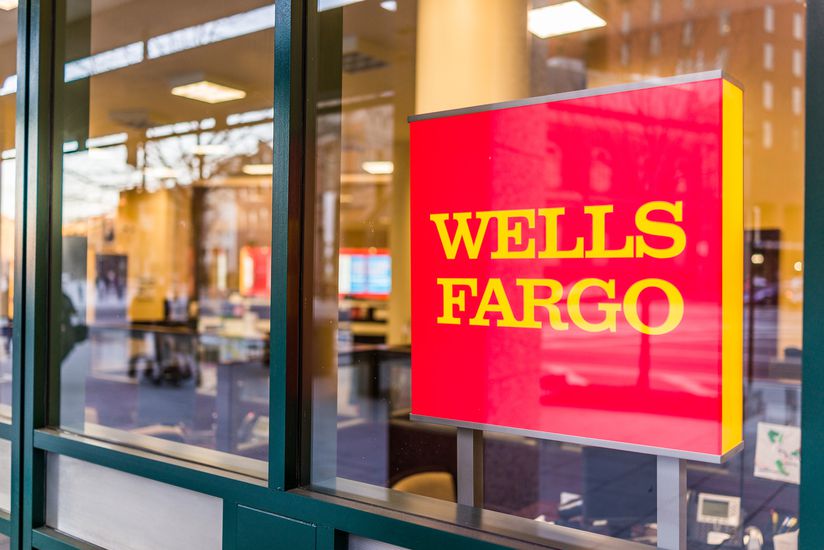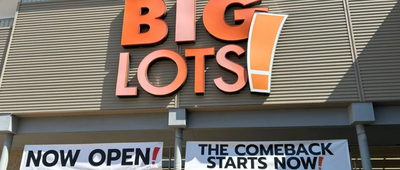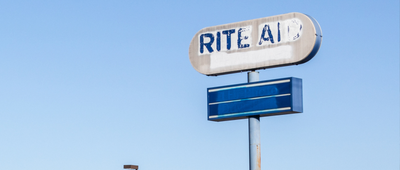In Bad Company
In the age of social media, companies' public relations headaches come in all shapes and sizes -- a reality many airlines, for instance, have been grappling with in the past few years. Whether their troubles stemmed from full-fledged corporate malfeasance, tone-deaf advertisements, errant posts on social media or something in between, here are 15 companies that would rather forget 2017.
























